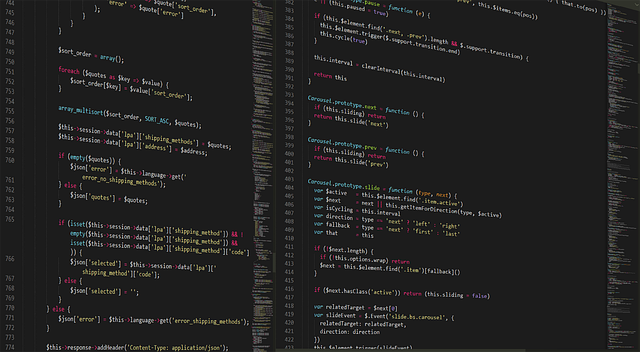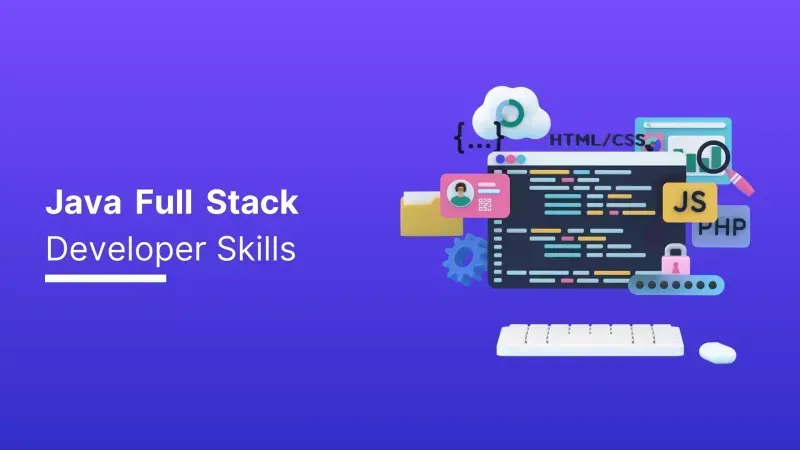The Definitive Guide to Becoming a Rockstar Ruby on Rails Developer

Strong 8k brings an ultra-HD IPTV experience to your living room and your pocket.
In the ever-evolving web development landscape, Ruby on Rails has emerged as a powerful, developer-friendly framework that has taken the industry by storm. With its elegant syntax, emphasis on simplicity, and vibrant community, Ruby on Rails has become the go-to choice for businesses and developers seeking to create dynamic and scalable web applications. Suppose you're considering a career in web development or aiming to hire Ruby on Rails developers. This comprehensive guide will equip you with the knowledge and insights you need to succeed.
Why Ruby on Rails Reigns Supreme
Ruby on Rails, often called RoR or Rails, is a full-stack web application framework written in the Ruby programming language. Its philosophy revolves around the principles of Convention over Configuration (CoC) and Don't Repeat Yourself (DRY), which promote rapid development, clean code, and maintainability. Here are some compelling reasons why Ruby on Rails has captured the hearts of developers worldwide:
- Agile Development: Rails embraces an agile approach to software development, allowing developers to swiftly build, test, and deploy web applications with ease.
- Gems and Plugins: Ruby on Rails boasts an extensive ecosystem of gems (libraries) and plugins, enabling developers to leverage pre-built functionality and accelerate development cycles.
- Scalability: Rails applications are designed to scale seamlessly, enabling businesses to handle increasing traffic and growing user bases without compromising performance.
- Active Community: Ruby on Rails enjoys a vibrant and supportive community that actively contributes to its evolution, ensuring continuous improvement and timely bug fixes.
Skills and Responsibilities of a Ruby on Rails Developer
To excel as a Ruby on Rails developer, you must possess a diverse skill set that spans programming languages, frameworks, and best practices. Here's what it takes to become a proficient RoR developer:
Core Skills
- Ruby Programming Language: Proficiency in Ruby is essential, as it forms the backbone of the Rails framework. Understanding Ruby's syntax, object-oriented principles, and idiomatic coding style is crucial.
- Ruby on Rails Framework: A must-have is in-depth knowledge of the Rails framework, including its components (ActiveRecord, ActionController, ActionView), routing, and conventions.
- Front-end Technologies: While Rails handles the back-end logic, developers should have a solid grasp of front-end technologies like HTML, CSS, JavaScript, and popular front-end frameworks (e.g., React, Angular, Vue.js).
- Databases and ORMs: Familiarity with relational databases (e.g., PostgreSQL, MySQL) and Object-Relational Mapping (ORM) concepts, as implemented by ActiveRecord, is essential for effective data management.
Other Key Skills
Version Control: Expertise in version control systems like Git is crucial for collaborating on projects and managing code changes effectively.
- Test-Driven Development (TDD): Embracing TDD principles and writing unit tests using tools like RSpec helps ensure code quality and maintainability.
- Deployment and DevOps: Understanding deployment strategies, containerization (e.g., Docker), and cloud platforms (e.g., AWS, Heroku) is essential for successful application deployment and scalability.
- Agile Methodologies: Familiarity with agile development methodologies, such as Scrum or Kanban, facilitates collaboration and efficient project management.
Responsibilities of a Ruby on Rails Developer
The roles and responsibilities of a Ruby on Rails developer can vary depending on the project requirements, team structure, and the developer's experience level. Generally, RoR developers are responsible for the following tasks:
- Designing and Developing Web Applications: RoR developers design, develop, and maintain web applications using the Ruby on Rails framework, following best practices and coding standards.
- Building RESTful APIs: They create robust and scalable RESTful APIs to enable seamless communication between different application components or with external services.
- Writing Clean and Maintainable Code: Adhering to coding conventions, implementing design patterns, and writing well-documented code is essential for long-term maintainability and collaboration.
- Integrating Third-Party Services: RoR developers often integrate third-party APIs, libraries, and services into the application to enhance functionality and user experience.
- Database Management: They design, implement, and optimize database schemas using ActiveRecord, ensuring efficient data storage and retrieval.
- Testing and Debugging: Writing unit tests, integration tests, and performing debugging to identify and resolve issues are crucial aspects of their role.
- Deployment and Maintenance: Deploying applications to staging and production environments, monitoring performance, and implementing necessary updates and fixes are essential responsibilities.
Building a Successful Career as a Ruby on Rails Developer
Embarking on a career as a Ruby on Rails developer opens up opportunities in various industries, from startups to established enterprises. Here are some steps to help you kickstart and thrive in your journey as a RoR developer:
- Learn Ruby and Ruby on Rails: Master the Ruby programming language and framework. Leverage online resources, tutorials, and hands-on projects to solidify your understanding.
- Build a Portfolio: Create a portfolio of projects showcasing your skills and expertise. Contribute to open-source projects or develop your applications to demonstrate your proficiency.
- Gain Experience: Seek internships, freelance opportunities, or entry-level positions to gain practical experience working on real-world projects and collaborating with teams.
- Continuously Learn and Upskill: Stay updated with the latest trends, best practices, and emerging technologies in the Ruby on Rails ecosystem by attending conferences, participating in online communities, and pursuing certifications.
- Networking and Community Involvement: Engage with the Ruby on Rails community by attending local meetups, contributing to open-source projects, and participating in online forums to expand your network and gain valuable insights.
- Specialize or Diversify: Explore specialized areas within Ruby on Rails development, such as e-commerce, fintech, or machine learning, or diversify your skills by learning complementary technologies like DevOps, cloud computing, or front-end frameworks.
The Future of Ruby on Rails Development
As technology continues to evolve, the demand for skilled Ruby on Rails developers is poised to grow. Here are some exciting trends and developments shaping the future of RoR development:
Increased Adoption of Microservices Architecture: Ruby on Rails is well-suited for building microservices, enabling developers to create modular and scalable applications that adapt to changing business needs.
Integration with Modern Front-end Frameworks: The integration of Ruby on Rails with popular front-end frameworks like React, Angular, and Vue.js is becoming more seamless, enabling developers to create rich
Note: IndiBlogHub features both user-submitted and editorial content. We do not verify third-party contributions. Read our Disclaimer and Privacy Policyfor details.







